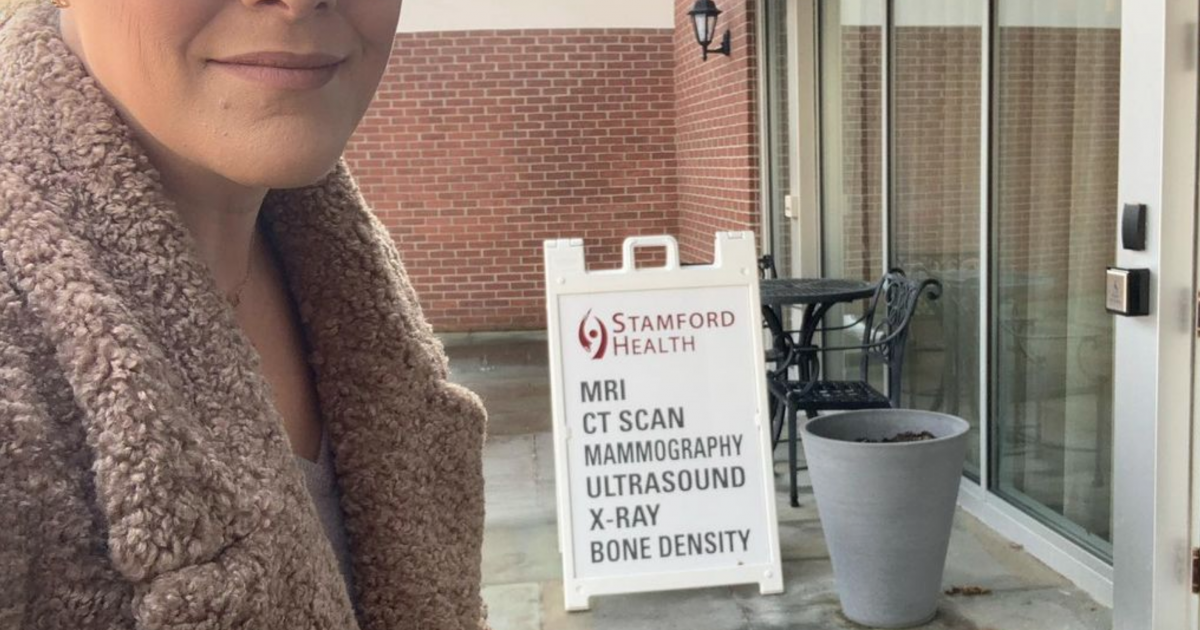Reporter Shares Mammogram & Encourages Women to Get Screened
- Reporter S.E. Cupp, 41, shared her first mammogram with the world, making good on her vow to “share more of her lady stories”.
- Federal health guidelines recommend that women start breast cancer screenings at 50 while acknowledging those at high risk due to genes or family history should start earlier.
- Mammograms are generally covered by insurance, but for people with dense breasts who require 3D mammograms, Dr. Connie Lehman says it’s important to check your policy to see if you’re covered.
Wanted to share that I got my first mammogram today. Because when we hit that age, it's time. And what's a couple smushed breasts to spot cancer early, amiright, ladies? 👊🻠#breastcancerawareness pic.twitter.com/drLkxO1lUE
S.E. Cupp (@secupp) December 23, 2020
Cupp, who’s slightly under the 45 year age marker when breast cancer screenings usually begin, also mentioned what Dr. Oluchi Oke and other leading cancer experts already know: too many poor, rural, and minority women lack access to breast cancer screenings.
Cupp had resolved to be more honest with other women about her own life after announcing that she had suffered a miscarriage in 2019. The experience led her to say how important it is to be vulnerable about women’s issues, saying, “I vowed to share more of my lady stories.”
While Cupp just went for a mammogram, NBC News correspondent Kristen Dahlgren continued her on-air career as she battled stage 2 breast cancer in 2019, previously telling SurvivorNet, "I'm really happy to be sharing my story and what I've been through because I hope it can help other people." She is now in remission and plans to have reconstruction surgery later this year after she had a mastectomy during treatment.
Screening for Breast Cancer
Breast cancer is typically detected via a mammogram, which takes an x-ray picture of the breast to reveal any cancerous growths.
Most doctors agree that women between the ages of 45 and 54 should get annual mammograms, but there is some contention over whether women aged 40-45 should also be screened.
You should talk to your doctor about being screened before age 45 if you fall into any high-risk category, such as a history of breast cancer in your immediate family, childhood exposure to radiation in the breast area, or certain genetic mutations.
When Should I Get a Mammogram?
10% of all breast cancer cases are hereditary, so knowing your family history is crucial to developing a plan for early detection. To find out whether your genes put you at an increased risk of breast cancer, experts recommend women go through genetic testing to detect mutations like BRCA1 or BRCA1.
Should I Get Genetic Testing to Assess My Risk for Breast Cancer?
What to Know About Breast Cancer
Breast cancer is the second most common form of cancer for American women (after some skin cancers). According to the American Cancer Society, over 275,000 women are diagnosed every year, with the average woman having a 1 in 8 chance of developing the disease over her lifetime.
Fortunately, because this cancer is so common, there’s an enormous amount of research and treatments that have been developed to help you fight the disease. Chemotherapy, immunotherapy, radiation, and surgery are all viable options your doctor may recommend to treat your cancer.
An Introduction to Breast Cancer Symptoms & Diagnosis
Will Insurance Cover Screening?
Most women with public or private health insurance have coverage for breast cancer screenings after age 40.
Insurance Coverage: Thinking About the Future
The Affordable Care Act requires most private insurances to cover the full cost of mammograms, genetic screening for women at high-risk, and medication that can prevent breast cancer in high-risk women. Medicare Part B also covers annual mammograms for women over the age of 40.
Related: Cancer & the Affordable Care Act: What You Need to Know Before the December 15 Deadline
Breast cancer screenings are considered “optional” under Medicaid and are covered differently state-by-state, but a 2015 survey found that most states do cover mammograms and other preventative measures.
For some women, traditional mammograms won’t work due to the density of their breasts. Dr. Connie Lehman, Chief of the Breast Imaging Division at Massachusetts General Hosptial, says that 3D mammograms, which combine multiple X-ray images into a three-dimensional model of the breast, are the best option for these women.
I Have Dense Breasts. Do I Need a 3D Mammogram?
The U.S. Preventive Services Tasks Force, a governmental panel that sets national standards for medical screenings, doesn’t consider 3D mammograms to be medically necessary. Because of this, your insurance may not cover it.
It’s important to check with your insurance to see if 3D mammograms are covered. If necessary, have your doctor write that this procedure is a medical necessity.
Learn more about SurvivorNet's rigorous medical review process.

